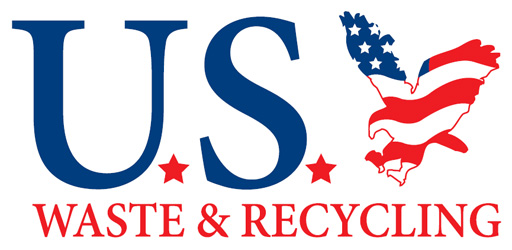How to Handle Different Kinds of Restaurant Waste
A restaurant kitchen is a busy, fast paced environment that has very little margin for error or waste. In order to help ensure that your restaurant is as profitable as possible, it is a smart idea to create a waste management plan with a company that specializes in dealing with waste near Atlanta. From plastic and cardboard recycling to food scrap disposal and more, your waste management experts can advise you on every aspect of your restaurant waste methods. After your waste plan has been implemented, you will feel great knowing that you are disposing of excess materials in a safe and effective manner. Here are some tips for handling different kinds of restaurant waste.
Food Scraps
Food scraps create the bulk of waste that is created by an average restaurant. Some different types of food scraps include excess bits produce, uneaten food, or expired products. Some restaurants choose to compost their plant based food scraps. Other foods, such as meat or poultry items, must be placed in the trash.
Containers
During the prep and production process, your kitchen crew may go through many different types of food containers. Rather than throwing your empty food containers in the trash, you may want to consider creating a recycling program. Recycling cardboard, plastic, and glass containers will help you cut down on the amount of trash that you send to the landfill. A properly implemented recycling program will also improve the environmental sustainability of your restaurant.
Paper Supplies
Depending on the style of your restaurant, you may create large amounts of paper waste on a day to day basis. Some source of paper supply waste include used paper towels, beverage containers, napkins, and bags. As you are creating your waste management plan, you will want to decide how you will dispose of your paper products. Paper that has not been contaminated with food can be recycled. However, paper that has traces of food or drink will need to be thrown away.
